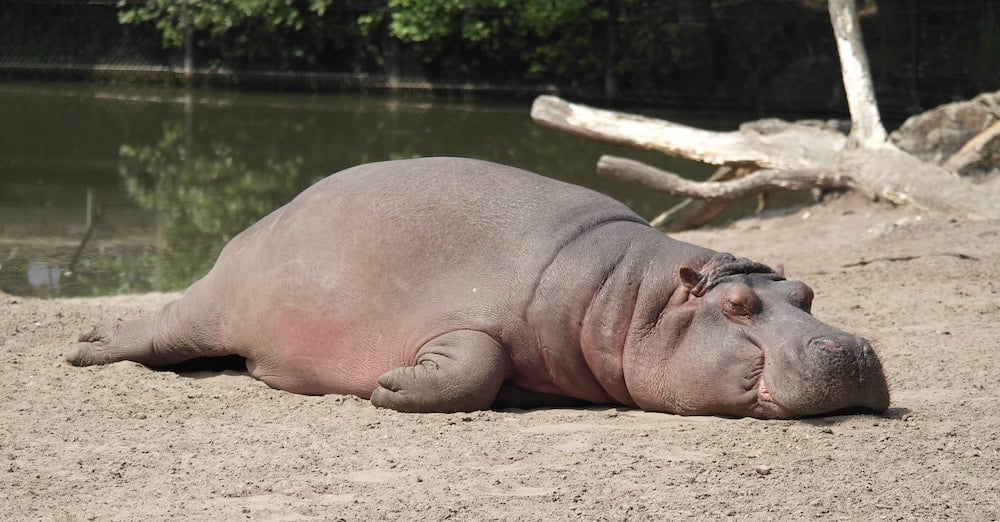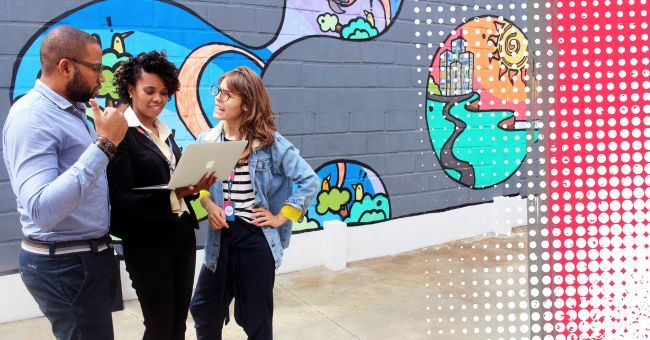Transforming Ambitions into Reality: Empowering Students through Careers Education
A scramble for decisions at the end of high school is often too little and too late to prepare students for fulfilled lives and careers.
.jpg)
Humans are naturally wired to imagine the future. Data shows that young people are actively thinking about their lives and careers long before formal career guidance traditionally occurs within education.
However, less than 10% of students below Year 10 say that a teacher or adult at school knows about their ideas for their future. We leave it very late to acknowledge and help young students explore all the possibilities for who they might be.
A positive vision of 'how my life could be' is a powerful source of motivation at any age.
Age-appropriate career-related learning helps students to envisage potential futures that inspire and motivate them. It is inextricably linked to improving student learning engagement and wellbeing outcomes.
It's important to highlight that there is a big difference between career-related learning, otherwise known as Careers Education - and Career Guidance.
Career Guidance is usually focused on transition and decisions, whereas career-related learning or Careers Education does not narrow younger students down to decisions about a career.
Careers Education aims to open up students to possibilities -- to encourage the widest possible curiosity-led exploration of work and career ideas.
By beginning with wide and open careers education earlier, the evidence shows we can counteract the narrowing of aspirations that happens as students absorb unchallenged assumptions.
 We get students ready to make decisions for themselves later on, rather than sliding along the path most expected of them, sticking to early assumptions that can become limits (such as 'what someone like me can achieve' and 'who does what kind of careers, and who doesn't').
We get students ready to make decisions for themselves later on, rather than sliding along the path most expected of them, sticking to early assumptions that can become limits (such as 'what someone like me can achieve' and 'who does what kind of careers, and who doesn't').
The world of work is not something younger students should be protected from as though it were a bad thing, but something they should explore and look forward to being part of (as they naturally do from a very young age). The BECOME program supports schools to provide the time, tools and resources for students to explore and design their future openly, and in a safe space.
Around the world over the last 10 years, policies have been emerging in response to the clear evidence base that is in favour of starting careers education earlier.
A common response is that this robs children of their childhood. We disagree. Children play-act careers from a young age. They watch and absorb conclusions about careers from the world around them - but that world is limited.
Early careers education, when focused on broad, open and curiosity-led exploration, can inspire and encourage students to look, think and explore before they need to make any commitments.
Thinking about your future supported by quality career-related learning should be a positive, inspiring and hopeful experience and every part of the BECOME program is designed to make it that way.
This video shares the experience of primary students, teachers and leaders in a Catholic Education South Australia school using BECOME.
Here are just two of the research papers and reports from authoritative sources about the benefits of Careers Education in primary school:
Dream Jobs? Teenagers' Career Aspirations and the Future of Work. OECD Career Readiness Project, Presented at the World Economic Forum 2020
'Some of the most important career decisions we don't make at the end of schooling when we talk about those things but actually in the first years of schooling, in primary school. This is the time when we figure out whether school is a meaningful experience, the time and energy we dedicate to learning, the fields of study where we place our effort. All of that profoundly shapes the opportunities that we're going to have later in life.'
View the findings of the OECD Career Readiness project here: www.oecd.org/education/dream-jobs-teenagers-career-aspirations-and-the-future-of-work.htm
What Works? Career Related Learning In Primary School. By Dr. Elnaz Kashefpakdel, Jordan Rehill (Education and Employers) and Dr. Deirdre Hughes OBE
'Practitioners are often fearful of making children ‘grow up too fast’ at such a young age. Yet, many education and career development theorists highlight the formative years of childhood as integral to the overall understanding of the self (‘who am I?’) and opportunity awareness (‘what does the world of work look like?’).
It appears that children begin to understand the world, and their roles within it, from a younger age than previously thought. As a result, children may limit their educational and occupational choices at a time when their views are too narrow and experiences too limited to make a sound judgement'.
Download the full research paper here (PDF): www.educationandemployers.org/wp-content/uploads/2018/12/1145_what_works_primary_v7_digital-1.pdf
 Talk to us about the many ways primary schools have used BECOME as a part of their student futures strategies, seeing positive results in holistic wellbeing and engagement. BECOME gets students excited about opportunities and open ideas! Book a chat
Talk to us about the many ways primary schools have used BECOME as a part of their student futures strategies, seeing positive results in holistic wellbeing and engagement. BECOME gets students excited about opportunities and open ideas! Book a chat
Or explore our training for teachers, from the microcredential course, Heart of the Future inspiring aspirations across all areas of the curriculum, to PD that leads towards qualifications in Career Development. Training for educators
.jpg)
A scramble for decisions at the end of high school is often too little and too late to prepare students for fulfilled lives and careers.

You could hear a pin drop. It's a Wednesday afternoon and we're in a Professional Learning session with a dedicated group of high school teachers...

There's so much going on at school. Teaching knowledge and understanding, learning skills for study, life and wellbeing. Some - but not all - of it...